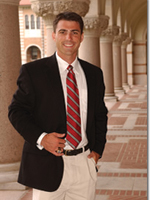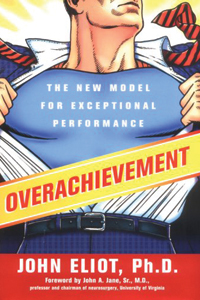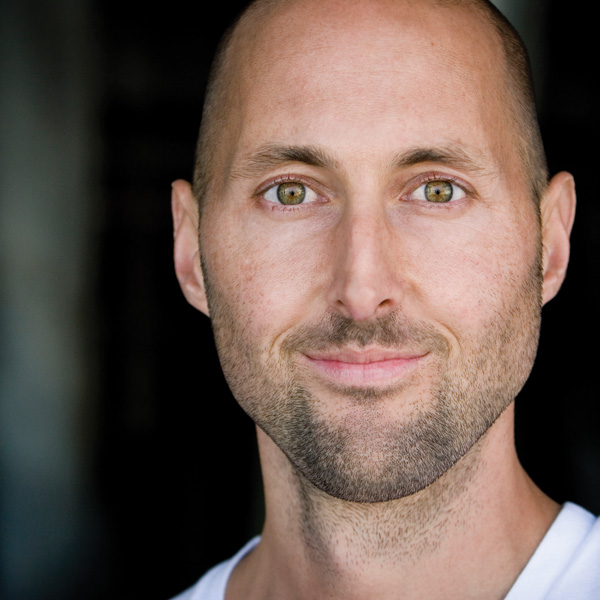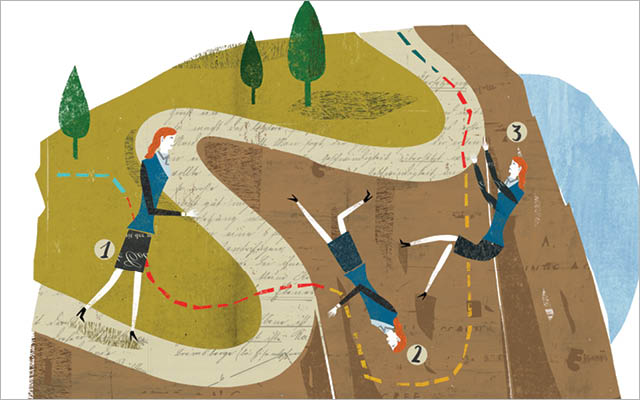John Eliot, PhD, is one of the world’s leading authorities on peak performance. He’s also more than willing to challenge conventional wisdom on the subject. Too often, he argues, the focus is put on minimizing stress, when in many cases, learning how to thrive in the face of pressure is a far more effective and rewarding strategy.
Eliot, a professor of management and psychology and a private consultant to top-level executives, athletes, artists and corporations, offers his own alternate stress-modulating philosophies in his book Overachievement: The New Model for Exceptional Performance. Here is some of the book’s most essential, innovative advice.
Love Your Butterflies
Relaxation techniques have their place, Eliot acknowledges, particularly when tension or overwork becomes debilitating. Central to Eliot’s philosophy, however, is the idea that, in order to succeed, we must learn to embrace and exploit the anxiety inherent in life’s biggest moments. “Great performers welcome pressure,” he writes. “Instead of trying to control or erase pressure, they use it as a kind of energy bar.”
In the heat of a nerve-racking moment, our bodies naturally take energy away from nonessential activities and channel it to those things that the body perceives as absolutely vital. “The physical symptoms of fight-or-flight are what the human body has learned over thousands of years to operate more efficiently and at the highest level,” Eliot says.
“I cannot enhance anybody’s performance without getting them not only to live with the butterflies that come with high-pressure jobs, but to embrace that kind of physical response.” This level of resilience, says Eliot, is an important prerequisite to becoming an exceptional performer.
Act Like a Squirrel
“To be sure, great performers are well trained, experienced, smart and, in some cases, divinely talented,” Eliot observes. “But the way their brains work during a performance is a lot more like a squirrel’s than like Albert Einstein’s.
“Like squirrels, the best in every business do what they have learned to do without questioning their abilities — they flat out trust their skills, which is why we call this high performance state of mind the ‘Trusting Mindset.’”
Admittedly, the idea that humans should channel a squirrel seems a bit goofy. But imagine one of those rascally rodents scurrying across a telephone wire. He’s not up there thinking, Oh my! This wire’s a high one, and it’s a little windy, and if I take a wrong step I could fall. This is so much harder than I thought it would be! The squirrel trusts his abilities completely and just goes for it. And 99 times out of 100 he successfully crosses the wire.
Not convinced? Consider what happens when someone asks you to throw over a set of keys. If you’re like most people, you just turn and toss without a second thought. And, because you have a subconscious confidence in your arm’s ability and don’t think through the motion, you almost always hit the target.
Now imagine that you’re engaged in a key-toss competition in the middle of a filled-to-capacity basketball arena. There is a million-dollar prize on the line and five other contestants, each one a previous key-toss world champion. How do you perform with the same ease and confidence you did in casual company? How do you avoid doubting yourself under the hot lights of expectation?
Eliot says that you’ll do your best if you maintain the same trusting mindset you had when no money was on the line and no one was watching. “Confidence is not a guarantee of success, but a pattern of thinking that will improve your likelihood of success,” he says. “Routine access to the Trusting Mindset is what separates great performers from the rest of the pack.”
Engage Your Super Pilot
Overachievers focus on what they are doing — simply and absolutely. “They couldn’t care less about the results,” Eliot says.
One way to stay completely focused on a given project is to engage what Eliot describes as our “super pilot,” which he likens to what athletes commonly refer to as “the zone.” Super-pilot mode not only necessitates a state of complete engagement with a given task, but also requires that you are “concentrating only on the simplest nature of the performance.”
Note that super pilot, which requires active engagement, is distinct from autopilot. Instead of just hitting the cruise-control button and sailing through, you channel stress into a heightened, fully engaged state of attentiveness. It requires both getting into the flow and then remaining present and conscious when you’re there.
In super-pilot mode, there is no room for anxiety about results. You are fully in the moment, doing what you do best — and getting the best results for your effort.
Sidestep Skepticism
If you want to accomplish extraordinary things, you must believe in yourself and in your dreams. Often that means fending off other people’s skepticism.
“History shows us that the people who end up changing the world — the great political, social, scientific, technological, artistic, even sports revolutionaries — are always nuts,” writes Eliot. “Until they’re right, and then they’re geniuses.”
If you want to achieve at an extraordinary level, Eliot concludes, you must learn to let the skepticism of others roll right off you. “Exceptional thinkers ignore their critics,” he says, “and go about their business making history.”
Download a PDF summary of Overachievement: The New Model for Exceptional Performance.
About the Author

 John Eliot is an award-winning professor of management, psychology and human performance. He has held faculty appointments at Rice University, the University of Houston and the Texas Medical Center. He is a Phi Beta Kappa graduate of Dartmouth College, and cofounder of the Milestone Group, a consulting firm providing training, assessment and education to business executives, professional athletes, physicians, performing artists and corporations nationwide. Eliot’s clients have included Accenture, Shell, the San Antonio Spurs and the Chicago White Sox.
John Eliot is an award-winning professor of management, psychology and human performance. He has held faculty appointments at Rice University, the University of Houston and the Texas Medical Center. He is a Phi Beta Kappa graduate of Dartmouth College, and cofounder of the Milestone Group, a consulting firm providing training, assessment and education to business executives, professional athletes, physicians, performing artists and corporations nationwide. Eliot’s clients have included Accenture, Shell, the San Antonio Spurs and the Chicago White Sox.
Big Ideas
Discover more practical wisdom from thought leaders by exploring our Big Ideas department.




This Post Has 0 Comments